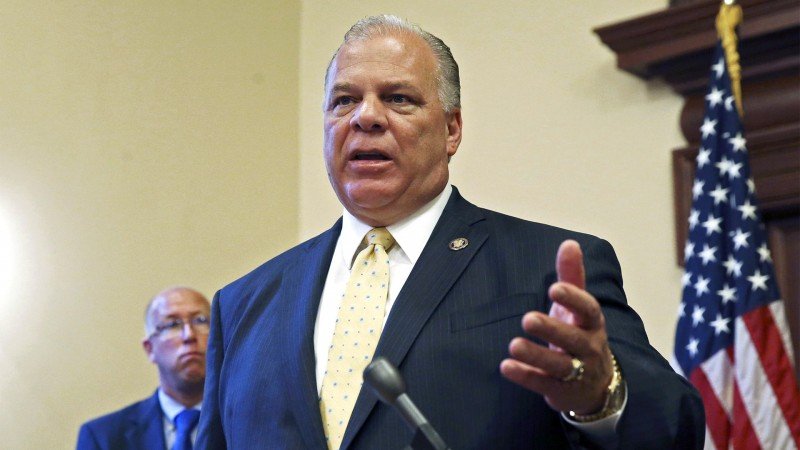New Jersey state declines to mediate in Atlantic County's lawsuit against new casino tax break

The state of New Jersey has declined to mediate in Atlantic County’s lawsuit against the new PILOT casino tax break. Superior Court Judge Joseph Marczyk, who said he wanted the parties to go into mediation, had urged the state earlier this month to let him know by January 13 whether it was “agreeable to proceed with mediation.”
The next step in the legal battle over the casino PILOT law, which gives tax relief to Atlantic City’s casinos by removing sports and online gaming revenues from the calculation of their payments in lieu of taxes, is oral arguments on February 8 before Judge Marczyk, Atlantic County Counsel Jim Ferguson said on Thursday, according to The Press of Atlantic City.
“We’re flabbergasted and very dismayed,” Atlantic County Executive Dennis Levinson said Thursday. “We’re going to fight. It is going to cost plenty of money,” he added. “They know they violated our consent order that they signed and agreed to.” He further called the state’s unwillingness to use a neutral mediator “arrogant and incomprehensible.”
The PILOT tax break lowers casino payments to an estimated $110 million from $165 million under the previous law. Atlantic County would receive the same amount in 2022 it received in 2021 -about $17.5 million-, although 2021 payments were based on depressed casino revenues from 2020, amid pandemic-related extended shutdowns.

According to estimates by the state Office of Legislative Services, the county would lose about $4 million a year under the new PILOT law, while Atlantic County claims the annual loss would range between $5 million to $7 million. The bill passed the Assembly and Senate in December, and was shortly after signed by Gov. Phil Murphy. The county sued the state and the governor in an effort to stop it from taking effect.
According to Levinson, the state violated a signed consent order settled in an Atlantic County lawsuit against the original PILOT bill, which was signed into law in 2016. In 2018, the case was settled for specific percentages based on the original PILOT details, to run through 2026. Levinson has said more than $30 million is at stake for county taxpayers over the next five years, reports WPG Talk Radio.
“At no time throughout this process, including the writing of the bill, its movement through the state Legislature and its signing by the governor, has anyone from the state, the casinos or Atlantic City picked up the phone to discuss this issue with me or anyone affiliated with county government and we are a primary stakeholder in this issue,” lamented Levinson.
The Atlantic County Executive further questioned that the new legislation was “rushed through” without any discussion, and said that its need was unclear. “I would ask the public to consider why the state does not see fit to mediate and settle this dispute without costing our taxpayers even more time and money to return to court,” he added.
Former state Senate President Steve Sweeney sponsored the bill.
The new PILOT law was the source of much controversy throughout the last weeks of 2021. The legislation was sponsored by former state Senate President Steve Sweeney, who said four casinos would close if it did not pass, a claim that was heavily contested by opponents of the bill as no proof of the assertion was subsequently provided.
The Casino Association of New Jersey, along with the main casino workers’ union in the state, both also supported the legislation. They claimed the legislation would protect thousands of jobs and provide market stability.
Opponents of the bill said no proper evidence of casinos closing without a passage was provided, as no casino publicly made that claim. Moreover, it was argued that revenue figures show casinos are not only recovering from 2020 but also doing better when compared to the pre-pandemic year of 2019.
Then-Assemblyman John Armato, D-Atlantic, the original sponsor of the Assembly version of the bill, took his name off it after the November election and voted against it on the Assembly floor. Meanwhile, Assemblyman Vince Mazzeo, D-Atlantic, said he was “unable” to gather enough information on why the legislation was needed.


















































